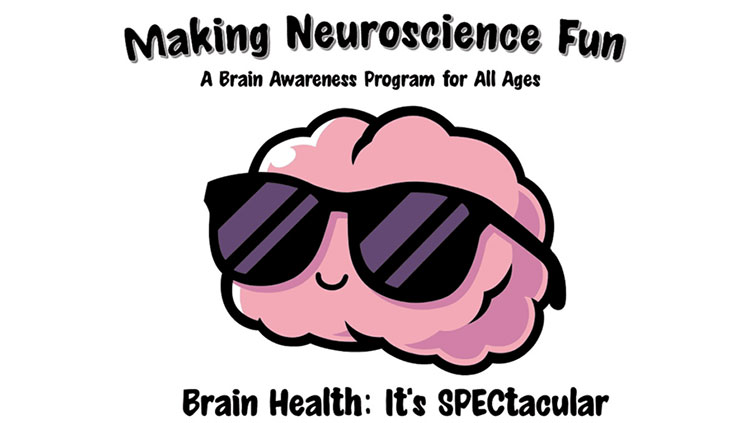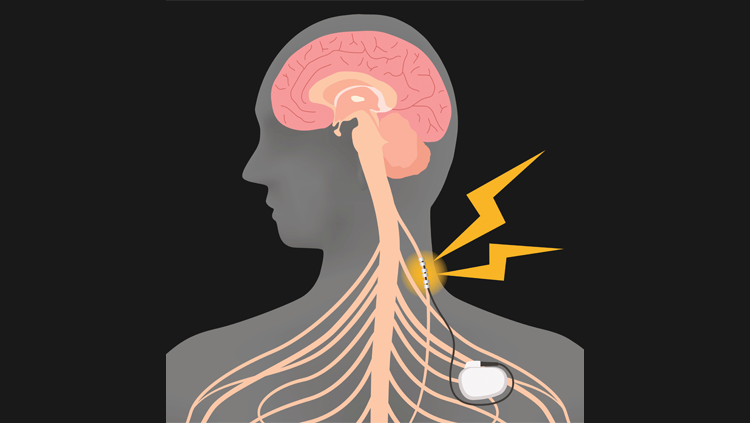The Brain Is Impacted by Experience and is Still Developing After Birth
- Published6 May 2019
- Source BrainFacts/SfN
The brain changes throughout childhood. It increases in volume and the number of connections between neurons grows. During adolescence, the brain prunes away unnecessary connections and overall brain volume drops. High stress environments or lack of access to resources — both of which are linked to poverty — can impact brain cells during adolescence and into adulthood. Jamie Hanson, assistant professor of psychology at the University of Pittsburgh, discusses how both stressful situations and a lack of resources can physically change the adult brain, which raises concerns of how living in poverty could negatively affect children, whose brains are still developing.
This video is part of a longer session titled “Understanding the Neurobiological Impacts of Child Poverty: Implications for the Classroom and Beyond” presented at the National Science Teachers Association 2019 National Conference in St Louis, MO. See the entire talk here.
CONTENT PROVIDED BY
BrainFacts/SfN












